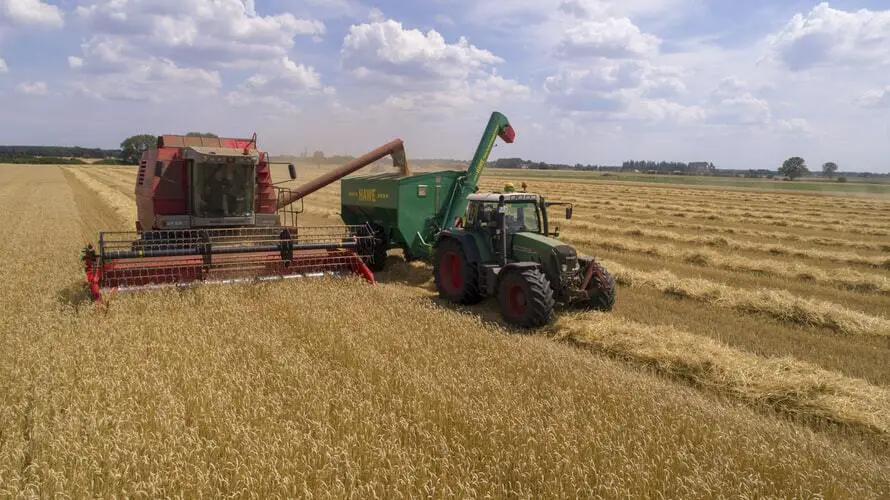Washington State University will lead a research institute to develop artificial intelligence (AI) solutions for various agricultural challenges, including water supply, labor, and climate change.
The university has received a $20 million grant to lead the “AgAID Institute,” which will employ faculty and scientists with expertise in computer science, agriculture, and agricultural outreach.
According to principal investigator Ananth Kalyanaraman, the initiative will be different from the traditional way of developing AI solutions, as scientists usually develop the tools to be delivered to users.
He said people who will benefit from the technology – farmers, workers, and policymakers – will be involved in the development phase.
“People are very much part of the agricultural ecosystem,” Kalyanaraman remarked in a press release. “We aim to partner human knowledge with AI tools in a way that amplifies the end outcomes where the whole is greater than the sum of its parts.”
‘Adopt-Adapt-Amplify’ Approach
Kalyanaraman, a computer science professor at Washington State, explained that the new institute plans to follow the “adopt-adapt-amplify” approach where AI solutions are developed in collaboration with the community to make the tools practical and more likely to be adopted.
Researchers will also develop solutions that can adapt to changing environments and amplify productivity by utilizing human skills and machine capabilities.
“For instance, pruning trees is a highly skilled task, but a beginner-level worker could benefit from an AI tool that provides expert guidance to help decide which is the best branch to prune. The task is done better, and the worker starts to learn from the feedback, and with a shortage of skilled labor, AI can benefit both the orchard and the worker,” he stated.
The AgAID Institute is expected to undertake several challenges that involve specialty crops such as apples, cherries, mint, and almonds. These crops require intensive labor and irrigation and are vulnerable to climate change.
Kalyanaraman emphasized the need to develop AI solutions in a “very careful” manner, considering that technology can help make groundbreaking discoveries in agriculture.
‘Leader in Agriculture and Technology’
Rep. Cathy McMorris Rodgers commended Washington State for accepting the challenge. She said she is proud to be a part of the planning phase that began in 2020.
“This institute, also known as AgAID, will integrate AI methods into agriculture operations for prediction, decision support, and robotics-enabled agriculture to address the complex agricultural challenges facing Eastern Washington and the nation,” she said, adding that she is now looking forward to seeing the innovative work that will come out of the institute.



